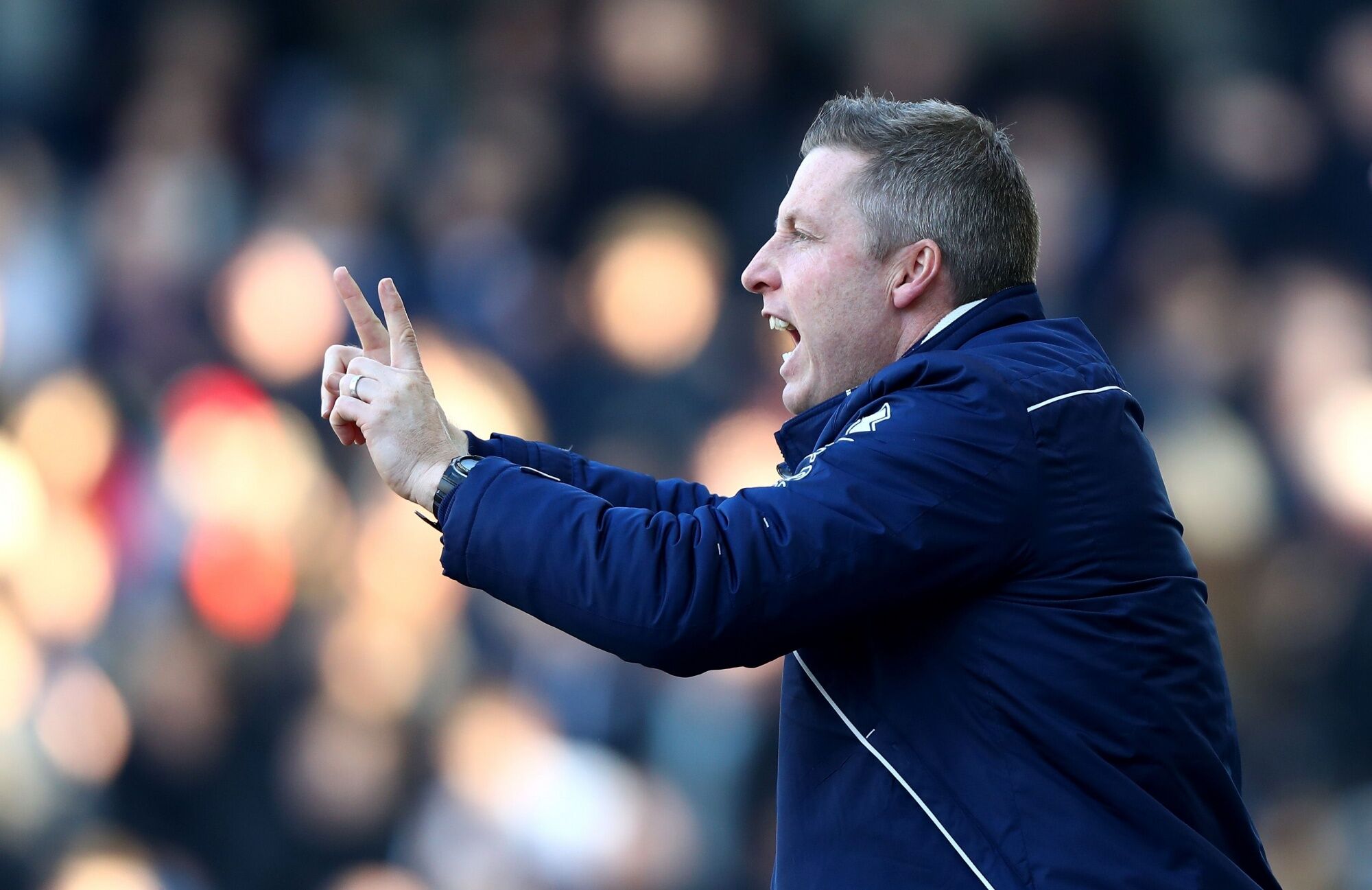Millwall’s 2-1 win over Leeds United on Saturday afternoon came just 48 hours after manager Neil Harris resigned from his role.
After more than four years in charge, the departure of the club legend was both sudden and sad but the timing felt right.
However, he is leaving a club totally unrecognisable from the one he took over in March 2015, succeeding Ian Holloway with little chance of keeping the Lions in the Championship with just 10 games to go.
Four years later the infrastructure has improved. There is a better playing squad, a better coaching staff, a better analytical team, a stronger youth programme and much, much more.
This will be Harris’ legacy and a body of work he can undoubtedly be proud of.
Three good seasons out of his four full campaigns will not be blemished by the struggles of 2018-19 and the early stages of this campaign.
Arguably he had taken Millwall as far as he could. Staying any longer could’ve meant tarnishing his relationship with the fan base and an undignified exit – something no one would’ve wanted for a man who has done so much in his 17 seasons at the club as player, coach and manager.
Following relegation to League One, nobody expected a promotion push in Harris’ first full season in charge, but he restored the all-important link between the terraces and the pitch and, in an incredible vein of form after Christmas, Millwall finished fourth in the table and reached the League One Play-Off final where they lost to Barnsley.
A Wembley heartbreak often sees teams fail to regroup and recover – but not this Harris side….
The additions of the likes of Shaun Hutchinson meant Millwall could go again the next season, though had a last day result gone differently, things may have not have played out in quite the same way.
With the Lions needing a late goal on the final day of the season against Bristol Rovers, it was Hutchinson that stepped up to ensure Millwall finished in the top six at the expense of Harris’ boyhood team Southend United.
READ MORE: This ‘Typical Millwall’ tag has to stop
And to think this all came after an incredible FA Cup run where the South Bermondsey outfit beat three Premier League sides to reach the Quarter-Finals before eventually losing to Tottenham at White Hart Lane.
While the eventual loss was irrelevant when considering the day out Lions fans had, the cup run had almost impacted on the club’s promotion hopes, hopes that would have seen the core of the squad torn apart if it had not come to fruition.
The likes of Lee Gregory, Shaun Williams, Jordan Archer and others would’ve been unlikely to stay without Championship football and things could have been so very different with another rebuild.
But once again Harris got Millwall over the line when it mattered, learning from the previous year’s heartbreak – Millwall were never going to lose to Bradford as Steve Morison’s late goal gained promotion back to the second tier.

The step up in division, for many, could be too much – but not for Harris.
Impressively, his side outperformed the vast majority of their opponents in the first half of the season – despite having spent very little money in the summer after promotion.
Four additions in January – most notably the return of Tim Cahill – lifted the team, and saw them go on an incredible unbeaten run.
It helped move the Lions into the top six with three games to go, but defeats to Fulham and then Middlesbrough left too much work to do on the final day against Aston Villa.
Nevertheless, it was an incredible campaign with Millwall simply not caring who they were playing that season; they took teams on. They got in other teams’ faces. They dominated matches and thrived on being the underdog.
READ MORE: Why Millwall’s fate could have mirrored that of clubs like Bury
A philosophy that appeared to change at times last season and perhaps the reason why Millwall were less successful.
An improvement in the overall technical ability of the squad replaced the raw grit and determination as Harris tried to become more adaptable to his Championship surroundings.
For many it was seen as a failed attempt whilst too many formation changes this season have also caused further frustrations.
The past few months Harris has struggled to hit the right chord between adaptability and approach despite a squad overhaul in the summer and in the end couldn’t win with supporters.
His emotional statement to the League Manager’s Association (LMA) showed just how much the club and role meant to him.
But by stepping down now, he will remain a true Millwall legend – not only as a player, but as a manager as well and forever a positive part of Millwall’s history.
Thanks for the memories, ‘Chopper’.